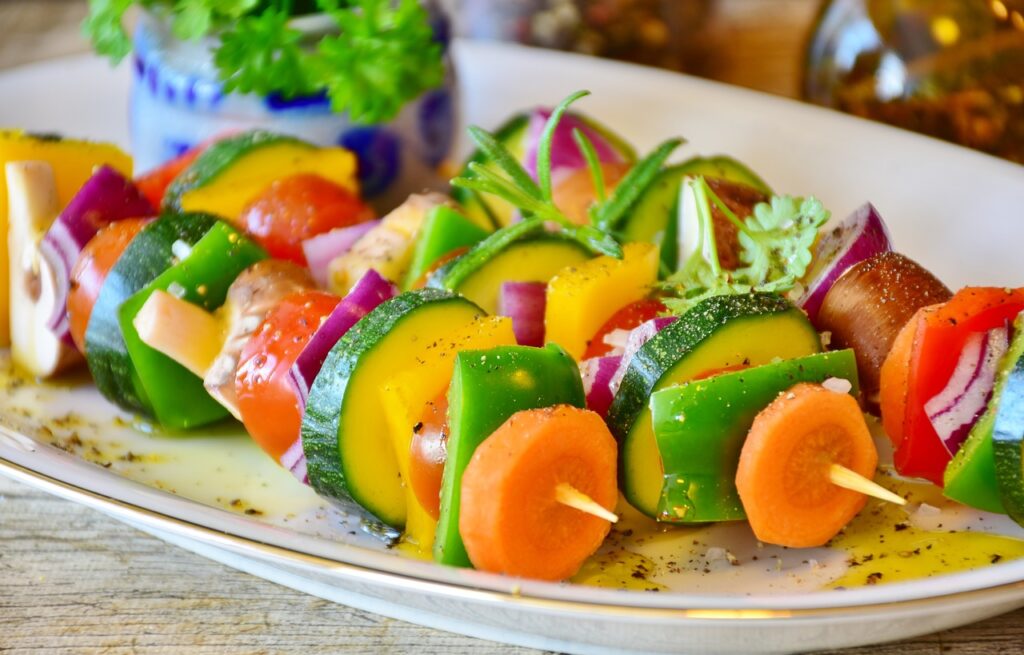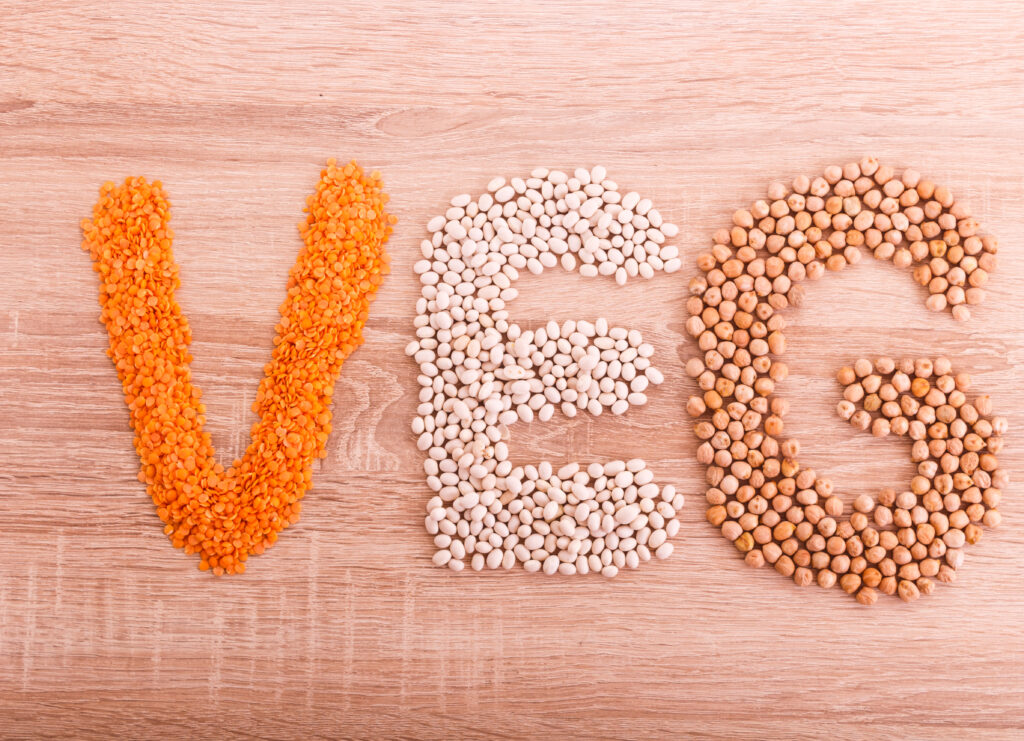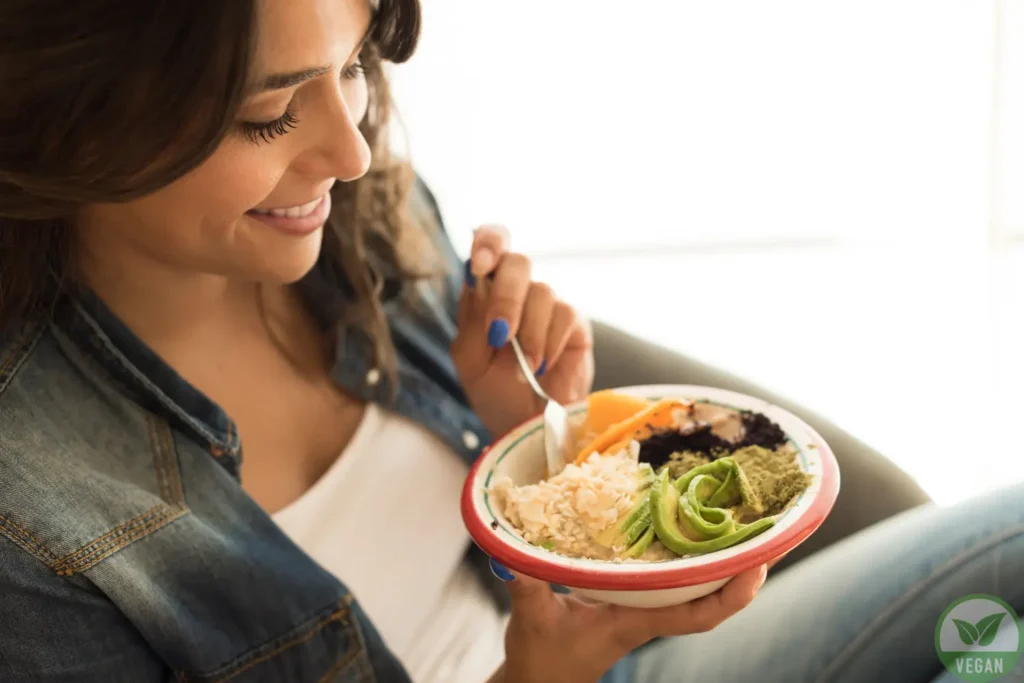Understanding omega-3 fatty acids is crucial for maintaining optimal health on a vegan diet. While many people associate omega-3s exclusively with fish oil, the plant kingdom offers abundant sources of these essential nutrients. Let’s explore how vegans can ensure adequate omega-3 intake through plant-based sources and smart nutritional strategies.
Understanding Plant-Based Omega-3s
The world of omega-3 fatty acids includes three main types: ALA (alpha-linolenic acid), EPA (eicosapentaenoic acid), and DHA (docosahexaenoic acid). Plants primarily provide ALA, which our bodies can convert to EPA and DHA, though this conversion process isn’t always efficient. Understanding this relationship helps us make informed choices about our omega-3 sources.
Essential Plant Sources
Nature provides several rich sources of plant-based omega-3s:
Flax Seeds: The champion of plant-based omega-3s, flax seeds provide more ALA per serving than any other food source. One tablespoon of ground flax seeds offers about 1.6 grams of ALA. Freshly ground seeds provide the best absorption, as whole seeds can pass through undigested.
Chia Seeds: These tiny powerhouses pack a significant omega-3 punch, with about 1.3 grams of ALA per tablespoon. They’re incredibly versatile and can be added to everything from smoothies to baked goods.
Hemp Seeds: Beyond their protein content, hemp seeds provide approximately 1 gram of ALA per tablespoon, along with a perfect ratio of omega-3 to omega-6 fatty acids.
Optimizing Absorption
The way we prepare and consume omega-3-rich foods significantly affects their bioavailability:
Storage Considerations: Keep seeds and oils in airtight containers in the refrigerator to prevent oxidation. Ground flax seeds should be stored in the refrigerator and used within a few weeks.
Preparation Methods: Grind seeds just before use when possible, or store small batches of ground seeds in the freezer. Incorporate omega-3-rich foods into both raw and cooked dishes for variety.
Daily Integration Strategies
Incorporating omega-3 sources into your daily routine:
Breakfast Options:
- Add ground flax to morning oatmeal
- Blend chia seeds into smoothies
- Top yogurt with hemp seeds
- Spread flax oil on toast
Lunch and Dinner:
- Sprinkle seeds on salads
- Add to soup or stew
- Include in homemade dressings
- Incorporate into veggie burgers
Beyond Basic Sources
Exploring additional omega-3 options:
Algae-Based Sources: Microalgae provide direct sources of EPA and DHA, making them particularly valuable for vegans. These can be consumed through supplements or algae-based foods.
Leafy Greens: While not as concentrated as seeds, dark leafy greens like purslane and spinach contribute to overall omega-3 intake.
Supplementation Considerations
When to consider supplements:
Factors to Consider:
- Individual conversion efficiency
- Dietary restrictions
- Health conditions
- Athletic performance needs
Choosing Supplements:
- Look for third-party testing
- Consider algae-based options
- Check for additional nutrients
- Verify sustainable sourcing
Special Considerations
Different life stages may require adjusted intake:
Pregnancy and Nursing: Increased needs for DHA to support fetal and infant brain development.
Athletes: May benefit from higher intake to support recovery and reduce inflammation.
Aging Adults: May need more due to decreased conversion efficiency.
Common Myths Addressed
Clarifying misconceptions about vegan omega-3s:
Conversion Efficiency: While conversion rates vary, a well-planned vegan diet can provide adequate omega-3s.
Plant vs. Animal Sources: Plant sources can effectively meet omega-3 needs when properly planned.
Optimizing Your Intake
Strategies for maximizing benefits:
Balanced Ratios: Maintain healthy omega-3 to omega-6 ratios by limiting processed oils and focusing on whole food sources.
Supportive Nutrients: Include nutrients that support omega-3 conversion:
- Zinc
- Magnesium
- Vitamin B6
- Vitamin C
Meal Planning Tips
Practical ways to ensure adequate intake:
Daily Checklist:
- Morning seed addition
- Leafy green serving
- Healthy oil incorporation
- Evening omega-3 boost
Recipe Ideas:
- Omega-3 rich smoothie bowls
- Seeded bread recipes
- Nutritious dressings
- Power-packed snacks
Tracking and Testing
Monitor your omega-3 status:
Available Tests:
- Blood fatty acid profiles
- Omega-3 index testing
- Regular health checkups
Signs of Adequacy:
- Healthy skin and hair
- Good cognitive function
- Normal inflammatory response
- Stable mood
Environmental Impact
Consider sustainability:
Sustainable Sources:
- Choose organic when possible
- Support local producers
- Consider packaging
- Monitor water usage
Remember that meeting omega-3 needs on a vegan diet is entirely achievable with proper planning and knowledge. Focus on incorporating a variety of sources while paying attention to factors that influence absorption and conversion. Share your favorite omega-3-rich recipes and tips with #VeganNutrition #PlantBasedHealth #Omega3.






